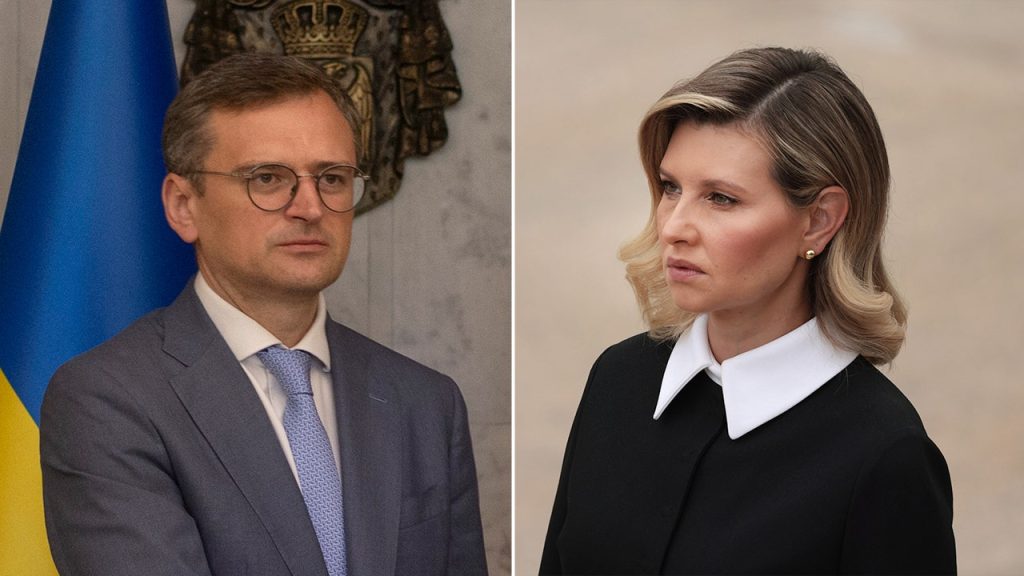Ukrainian Foreign Minister Dmytro Kuleba and Ukrainian first lady Olena Zelenska visited Serbia on May 13, 2024. Despite Serbia claiming neutrality regarding the war in Ukraine, there are reports that the country has delivered weapons to Ukraine through intermediary countries. However, Serbia has also been growing closer to China and Russia. The visit by Kuleba and Zelenska may represent an improving relationship between Ukraine and Serbia, which has traditionally maintained a friendly relationship with Russia despite condemning Russian aggression against Ukraine.
Kuleba’s visit to Russia-friendly Serbia marked his first since the start of the Russian aggression on Ukraine in 2022. During the visit, Kuleba met with Serbian President Aleksandar Vucic and new Prime Minister Milos Vucevic, whose government includes several pro-Russian ministers under U.S. sanctions. Following their talks, the prime minister’s office issued a statement expressing Serbia’s commitment to respecting international law and the territorial integrity of all UN member states, including Ukraine. Despite condemning Russian aggression, Serbia has not joined international sanctions against Moscow and has continued to have warm relations with Russia.
While Serbia proclaims neutrality in the conflict in Ukraine, there are reports that the country has provided weapons to Ukraine through intermediary countries. The visit by Kuleba and Zelenska faced criticism in Moscow, with some readers in the Russian state-run media labeling it as “shameful.” Following the talks with Kuleba, Prime Minister Vucevic planned to meet with the Russian ambassador in Belgrade and tour a facility for Russian gas imported to Serbia, possibly as a form of damage control. Despite maintaining neutrality, Serbia has provided Ukraine with humanitarian and financial aid.
President Vucic of Serbia has informally met with Ukrainian President Volodymyr Zelenskyy multiple times at international conferences and has claimed to follow a neutral policy, balancing ties among Moscow, Beijing, Brussels, and Washington. While Vucic has stated Serbia’s goal of seeking EU membership, the country under his rule seems to be drawing closer to Russia and China. During a recent visit by Chinese President Xi Jinping to Belgrade, China and Serbia signed an agreement to build strong and enduring relations for a shared future. Despite this, Vucic has affirmed Serbia’s commitment to seeking EU membership, while also deepening relationships with Russia and China.
Overall, the visit by Ukrainian Foreign Minister Dmytro Kuleba and first lady Olena Zelenska to Serbia signifies potential warming relations between the two countries, despite historical ties to Russia. Serbia’s neutrality in the conflict in Ukraine and its refusal to join sanctions against Moscow have strained relations with Ukraine. However, the provision of humanitarian and financial aid from Serbia to Ukraine helps maintain a level of cooperation between the two states. Despite facing criticism from Moscow for the visit, Serbia continues to navigate its relationships with major global powers, including Russia, China, and the EU. President Vucic’s balancing act of maintaining ties with various countries while upholding Serbia’s proclaimed goal of EU membership presents a complex diplomatic challenge in the face of ongoing conflicts in the region.


